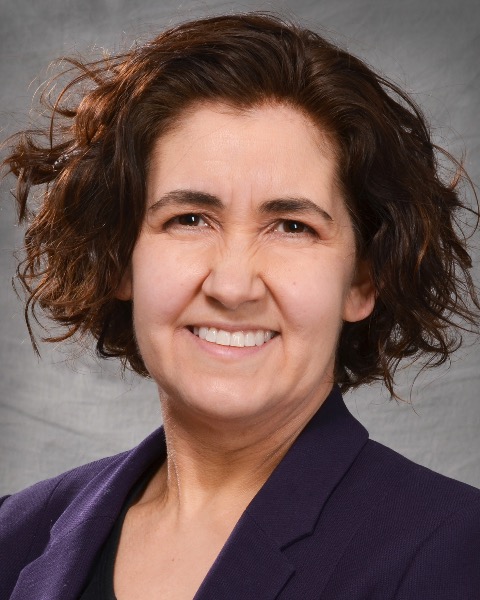Spanish Interpretation will be available for this session. Please click on the Materials tab at bottom of screen to link out to live interpretation.
Plenary
PL2--The Tipping Point: The Journey to Understand & Advance Research in CFRD
Friday, September 27, 2024
5:00 PM - 6:15 PM ET
Location: Ballroom East&West

Rebecca Hull-Meichle, PhD
University of Washington and VA Puget Sound Healthcare System

Melissa S. Putman, MD
Harvard Medical School
Speaker(s)
Cystic fibrosis-related diabetes (CFRD) is an increasingly prevalent condition, affecting up to a quarter of adolescents and half of adults with CF, and often poses significant health challenges. The primary defect underlying CFRD is the pancreatic beta cell's inability to secrete sufficient insulin to maintain normal blood glucose levels. Despite recent advances in our understanding of the pancreatic processes that may contribute to beta cell dysfunction, we have much to learn about why CFRD develops and how to prevent it. Additionally, as the CF population ages and undergoes pulmonary and nutritional improvements — alongside rising obesity rates — the landscape of CFRD is evolving. Plenary 2 will focus on recent advances and exciting new directions in basic science and clinical research in the field of CFRD. Rebecca Hull-Meichle, PhD, will give us a view of the CF pancreas under a microscope, focusing on new insights into cellular mechanisms underlying CFRD and how these discoveries may one day be translated into potential therapies. Melissa Putman, MD, will take us through the changing landscape of CFRD in the post-modulator era, including emerging diabetes technologies, new treatment strategies, and redefining nutrition in an aging CF population.
Learning Objectives:
- Describe the complex cellular processes contributing to the development of CFRD.
- Identify promising new research aimed at advancing our understanding of the CF pancreas.
- Describe opportunities for improving the screening, diagnosis, and treatment of CFRD using new diabetes technologies.
- Describe ongoing and future clinical studies seeking to expand treatment options, reduce burden, enhance access, and inform best practices in the in the post-modulator era.


